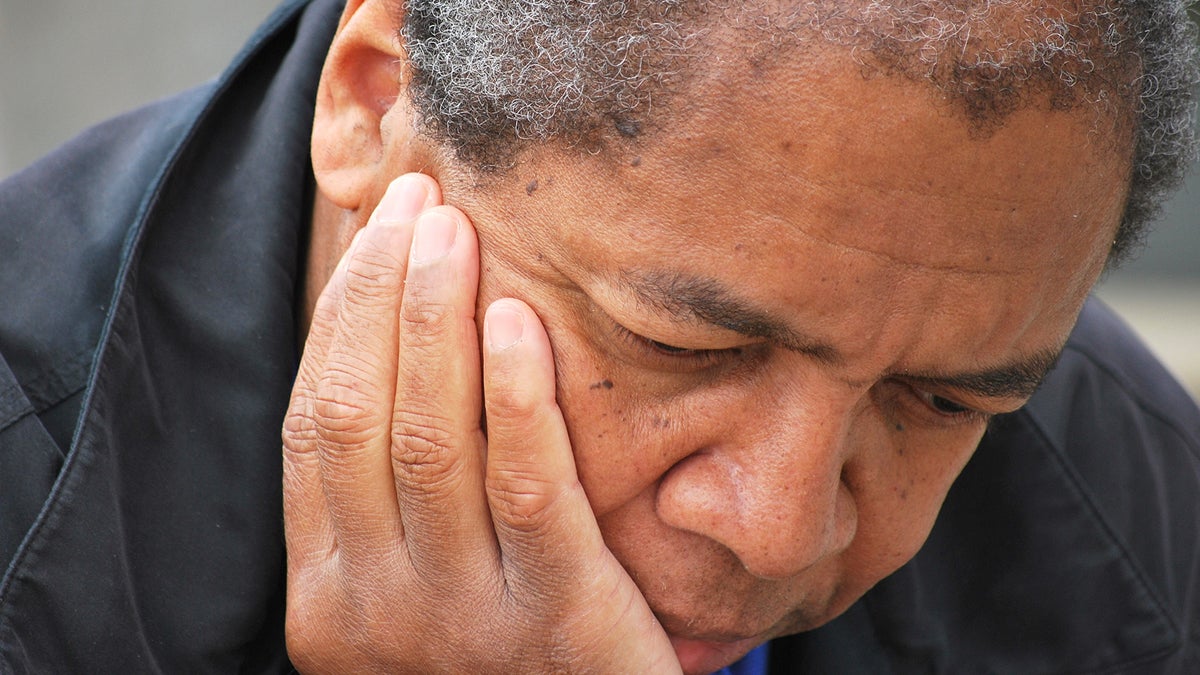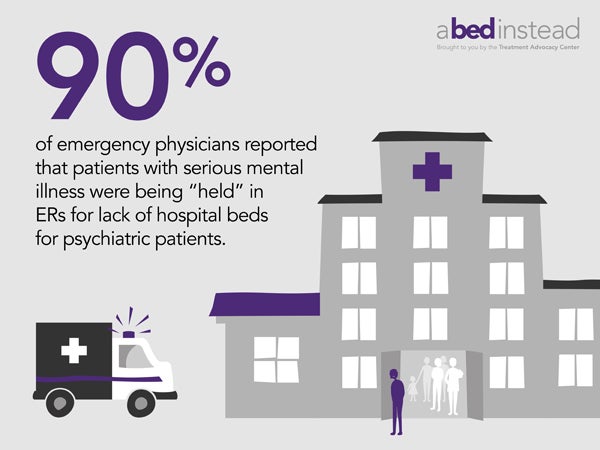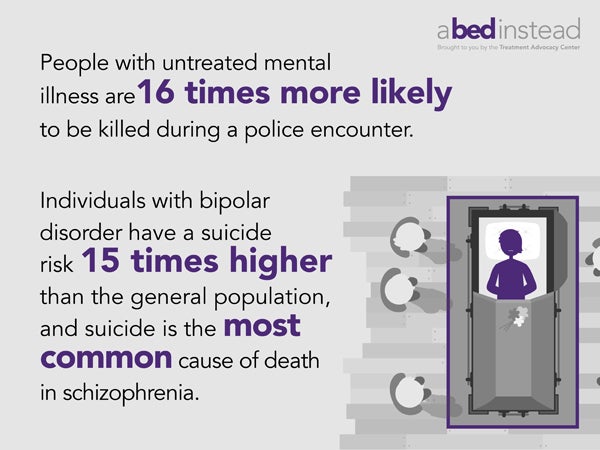‘High utilizers’ tax state mental health services, but still don’t get adequate care

(Oscar C. Williams/Bigstock)
Those with severe, often untreated mental illness make up under 3 percent of the adult population in the U.S. — but their numbers are very high in homeless shelters and jails. And they use a lot of state-funded mental health services.
Some states are getting a better handle on exactly what services they use — and what they cost.
When mental illness goes untreated for a long time, there’s often a hefty price tag attached.
John Snook, executive director of the Treatment Advocacy Center — an organization that researches mental illness and treatment options, outlines an extreme case.
“In New Jersey, there’s one case study, a woman named Jane whose 77 hospital visits over four years resulted in almost $4.5 million of charges to those health systems,” he said.

Those numbers are included in recent reports completed by Rutgers University in collaboration with mental health agencies in South Jersey. The average bill was close to $400,000 per person over the five-year period, he said.
This kind of data has been hard to come by. Few states have tracked costs for “high utilizers,” the patients who often use the behavioral health care systems — and also end up in jails, shelters and emergency rooms.

“Really, what we’re talking about is people who aren’t getting adequate care in the treatment system, and so, who are ending up getting inadequate care over and over again,” said Snook.
Getting a sense of the cost involved can be an eye opener for states.
Phil Lubitz, of the National Alliance on Mental Illness in New Jersey, said a system that aggressively reaches out to someone like Jane can offer that patient better and more sustainable care.
“And another essential part of that is to have stable living situations for people, and housing — particularly affordable housing — is really a crucial element,” he said.
First and foremost, Snook said, better and more extensive data on high utilizers is needed. His organization is recommending that all agencies and systems track those patients in a consistent way. That, he said, would lead to more effective public policies.
WHYY is your source for fact-based, in-depth journalism and information. As a nonprofit organization, we rely on financial support from readers like you. Please give today.




